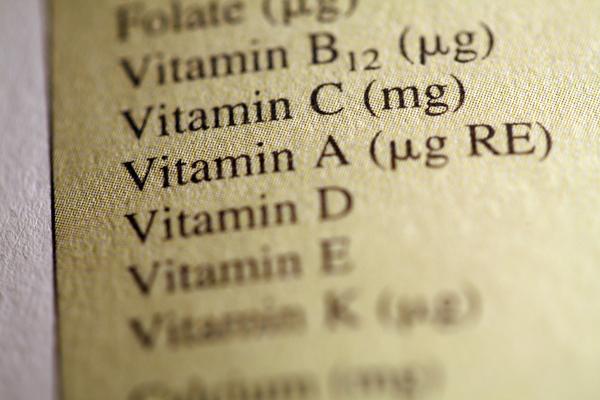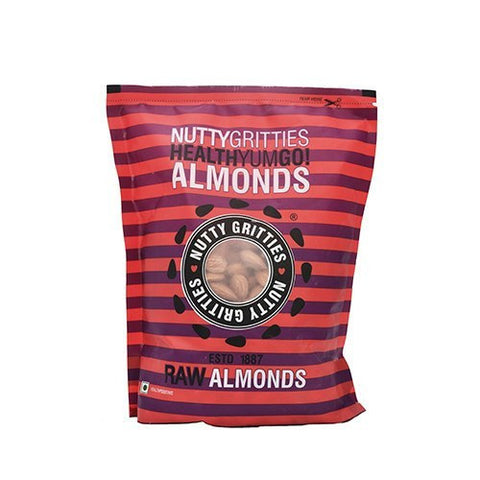
Sure, you can get your vitamins and minerals from supplements, but if you want to follow a strict organic and natural diet, then you’ll want those vitamins and minerals on your plate. Nature, as always, gives us plenty of offerings for our vitamins and minerals needs.
There isn’t one vitamin or mineral you can really do without. A deficiency in any one can have severe consequences for the body. Most of us get by with just enough to prevent anything from happening, but there’s more than a small chance that you’re low on some vitamin/mineral or the other. Our typical diets don’t actually cover all our needs - this is why so many people, who are aware of this fact, turn to supplements for their requirements.
You get supplements for almost all the vitamins and minerals. But like we said, some people prefer to get their nutrition right from nature, and nature provides.
In this article, we’ll look at the need for vitamins and minerals, rich sources of the two and how you can mix and match some of those sources with your diet.
What Are Vitamins and Minerals?
Vitamins are a variety of chemical substances which our body requires in order to function properly. That’s quite a vague definition, but that’s only because the term vitamin is a broad one. They are organic compounds, some of which are produced by the human body. We need to supplement ourselves with vitamins because the human body does not generate enough by itself and in the case of some vitamins, not at all. There exist two types of minerals: fat soluble and water soluble. We run out of water soluble minerals quicker than fat soluble minerals, so these are the ones that must be taken more frequently.
There exist 13 vitamins, all of which are absolutely essential. The deficiency of any one can cause a related illness.
Minerals, like vitamins, are chemical substances that your body needs to go about its business. They perform various functions. Calcium, for example, helps in the building of bones. Low amounts of calcium can lead to weak, brittle bones.
There are two types of minerals: trace and macrominerals. The former is required only in small amounts while the latter is needed in larger quantities. You’re already aware of some of the minerals: calcium, zinc, iron, phosphorous and so on. Each of these is important for the body.
Sources
There are numerous sources for vitamins.
Vitamin A can be found in many dairy products, such as cheese and milk, and common vegetable like the carrot. Green veggies are generally rich in Vitamin A.
Vitamin B can be found in the same veggies and dairy products, and also in Nuts and whole grains like brown rice.

Vitamin C is plentiful in fruits like the orange, mango, strawberry and kiwi fruit.
You’ll get your need of Vitamin D through every day walking in the sun, but you can also get it for dairy products.
Vitamin E can be found in food oils like Sunflower Oil and coconut oil.
Vitamin K is present in Whole Grains.
Most minerals can be found in dairy products. In addition, iron can be found in beans and nuts. Magnesium can be found in spinach, chickpeas and Pumpkins. Zinc and potassium can also be found in the same.

You simply can’t do without vitamins or minerals. You won’t face dire consequences if you don’t consume the recommended amount every day - though it is very advisable to do so - but if you skip your vitamin and mineral requirements for a long time, you’ll end up with some serious problems that your body will need time for to overcome. Prevention is better than cure, as the old saying goes.
Find a place for all the suggested sources in your diet. They’re all delicious and offer many other health benefits as well, so there’s plenty of reason why you should be eating those ingredients.
It’s important to note that, should you ever experience strange symptoms, a consultation with a trained medical professional is necessary. Some of the more severe deficiencies require expert attention.
